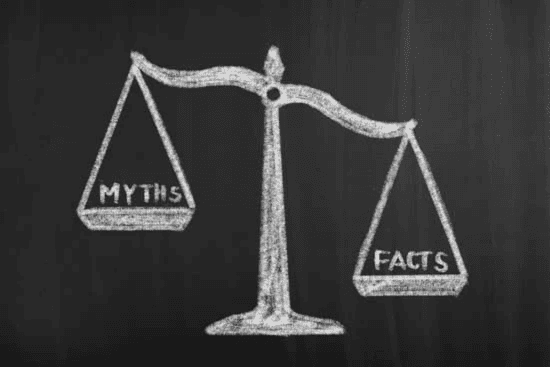Common Myths about Weight Loss Debunked

The pursuit of weight loss is often complicated by myths and misconceptions that can lead to misguided decisions. In this article, we will address some of these common myths, such as fad diets and extreme calorie counting, to provide a more enlightening and well-founded understanding. Let’s demystify these ideas and offer evidence-based guidance for a more informed approach to weight loss.
Myth: Fad Diets Are the Key to Quick and Lasting Results:
Reality:
Fad diets may offer quick results, but most are challenging to maintain in the long run. Extreme restrictions and lack of nutritional variety often result in weight gain after the diet ends. Sustainability is key; opting for a balanced and lasting diet is more effective.
Myth: Drastically Reducing Calories Leads to Sustainable Weight Loss:
Reality:
Drastically cutting calories can result in initial weight loss, but it can also lead to muscle loss and a slowing metabolism. Adequate caloric intake, combined with healthy food choices, is essential for sustainable weight loss.
Myth: Extreme Workouts Are the Only Way to Lose Weight:
Reality:
While exercise is crucial for weight loss, the idea that only intense workouts are effective is a misconception. Consistency is more valuable than intensity. Incorporating a variety of physical activities, from walking to lighter workouts, is sustainable and beneficial in the long run.
Myth: Skipping Meals Is an Effective Weight Loss Strategy:
Reality:
Skipping meals can lead to hunger spikes and unhealthy food choices. Distributing meals throughout the day while maintaining nutritional balance is more effective for sustaining energy and achieving weight loss goals.
By demystifying weight loss myths, we can adopt a more realistic and sustainable approach to achieving health goals. Avoiding extreme strategies, such as fad diets and drastic calorie reduction, and opting for a balanced, evidence-based approach provides a healthier and more effective journey for weight loss. Consulting healthcare professionals or nutritionists can provide personalized guidance for lasting success.
References:
[1] National Institute of Diabetes and Digestive and Kidney Diseases. (2022). Weight loss, nutrition, and healthy diet. https://www.niddk.nih.gov
[2] Mayo Clinic. (2022). Weight loss: 6 strategies for success. https://www.mayoclinic.org
[3] American Heart Association. (2022). Tips for Weight Loss. https://www.heart.org”